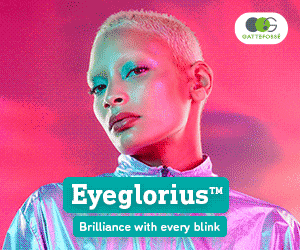Two app marketers have been challenged by the Federal Trade Commission (FTC) in the US for deceptively claiming their mobile apps could detect symptoms of melanoma.
The two apps, MelApp and Mole Detective, feature software that allow users to take a photograph of their moles using their smartphone and input other pieces of information about the mole. The apps then claimed to calculate the mole’s risk as low, medium or high.
However, the FTC challenged the legitimacy of the apps’ claims, stating that the marketers deceptively claimed that the apps accurately analysed melanoma risk and could assess such risk in early stages. The FTC also said the marketers lacked evidence to support the claims.
Jessica Rich, Director of the FTC's Bureau of Consumer Protection, said: “Truth in advertising laws apply in the mobile marketplace. App developers and marketers must have scientific evidence to support any health or disease claims that they make for their apps."
As a result, two of the marketers have agreed to settlements that ban them from continuing to make such claims. In addition, Mole Detective was ordered to pay $3,930, while MelApp was required to pay $17,963. Two other marketers of Mole Detective did not agree to settle and the agency is therefore pursuing charges.
Mole Detective was developed and first marketed by New Consumer Solutions in January 2012. L Health took over the marketing for the app in August 2012. The app was sold in the Apple and Google app stores for up to $4.99. Meanwhile, MelApp was marketed by Health Discovery Corporation in 2011 for $1.99.



